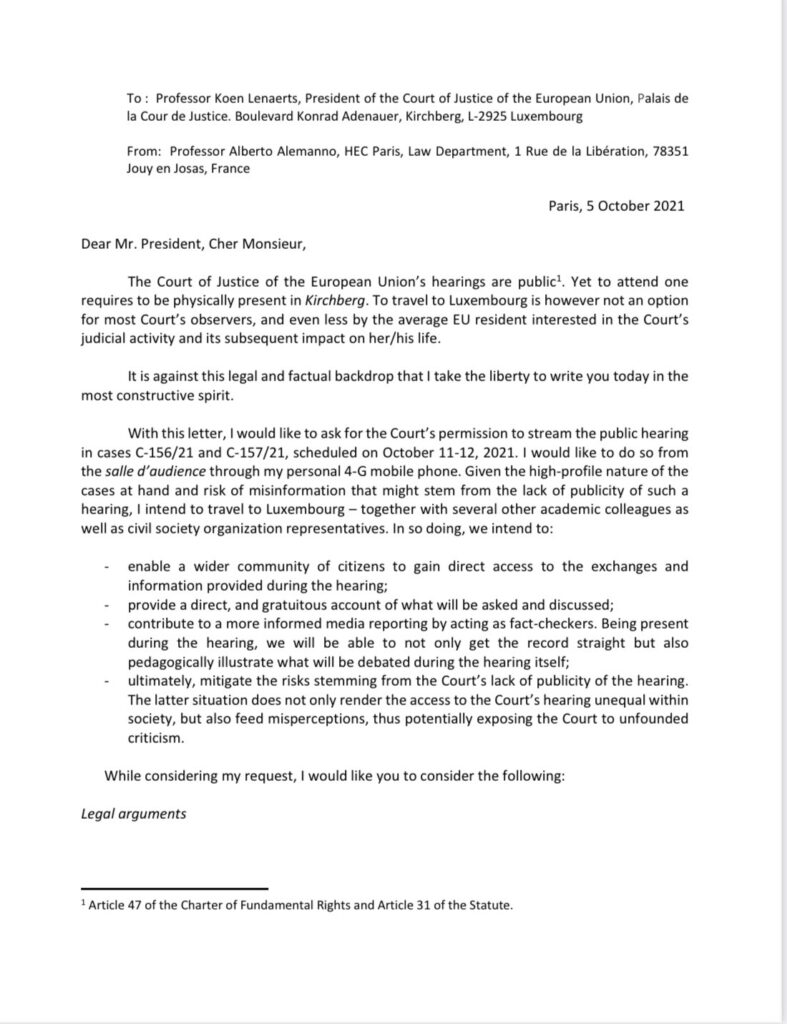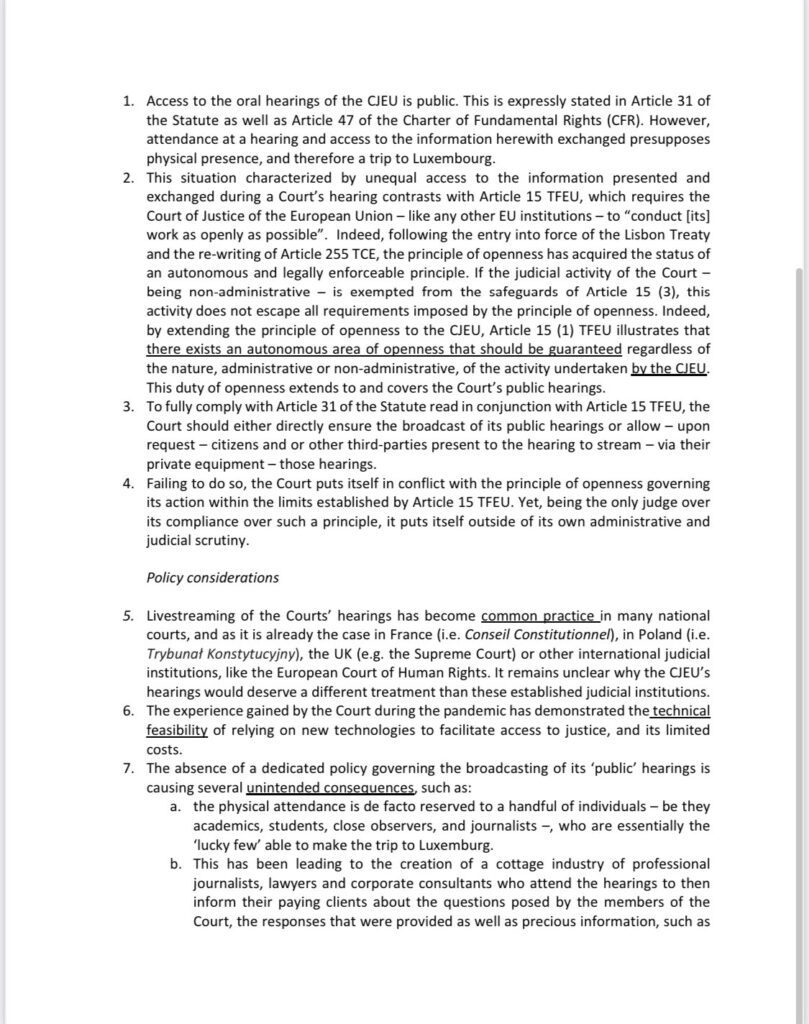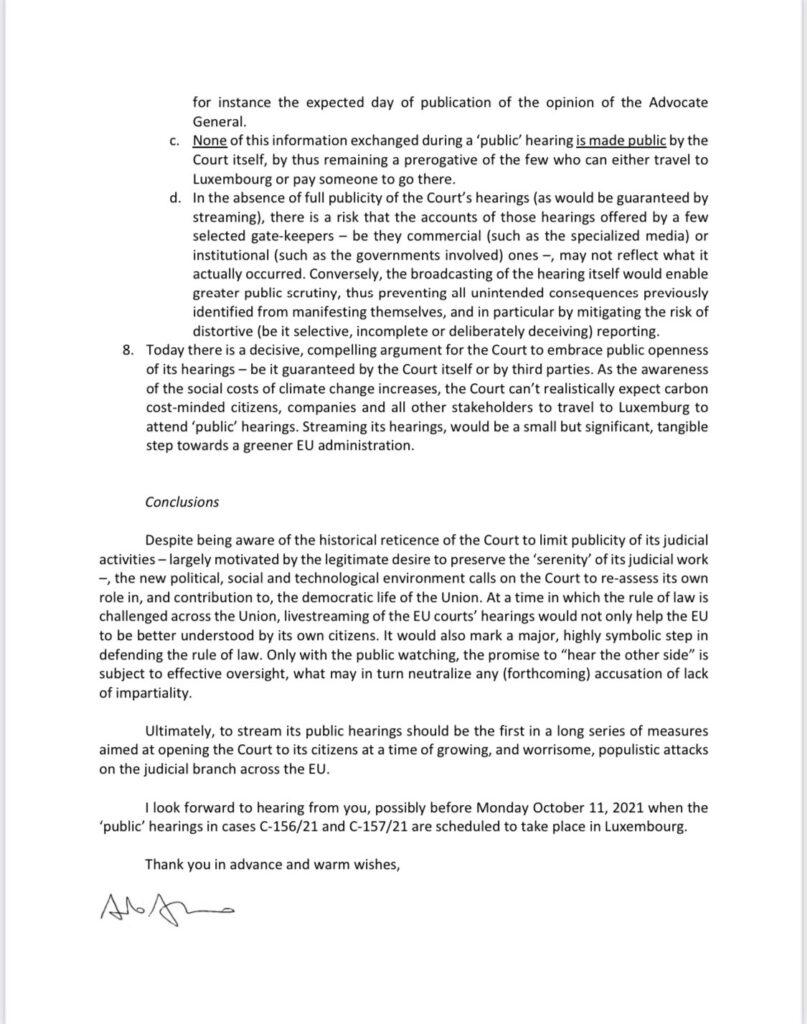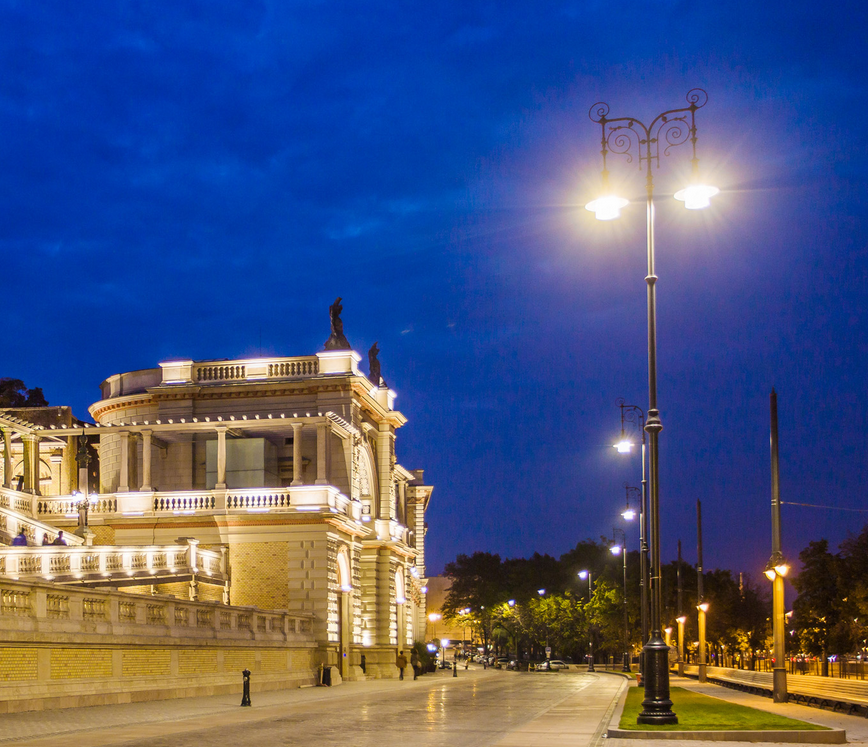Professor Alberto Alemanno (HEC/NYU) tells Open Government in the EU Blog how he deems the current European rule of law standoff an excellent opportunity to raise the Court of Justice’s own transparency lacuna.
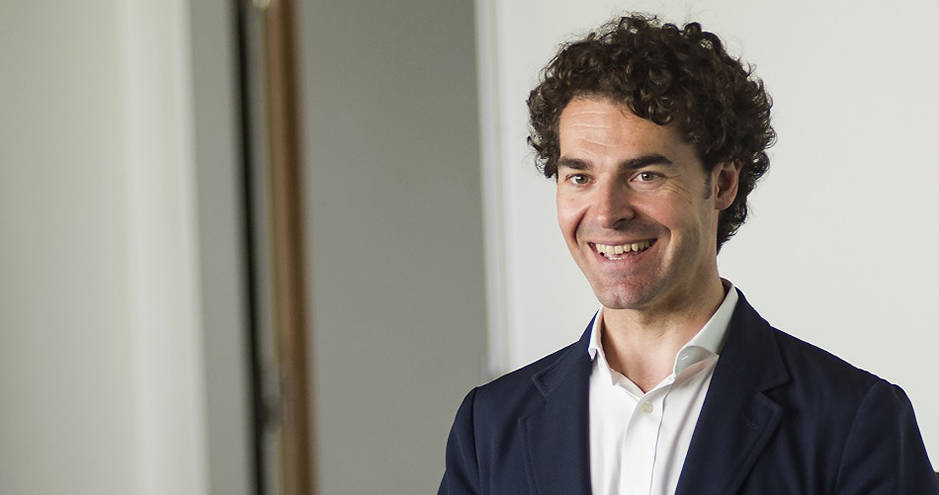
On Tuesday morning, EU Twitter woke up to a somewhat unusual announcement. EU law professor Alberto Alemanno published an open letter to the President of the Court of Justice of the EU, Koen Lenaerts, in which he requested the latter to allow him to live stream the Court’s hearings in cases C-156/21 and C-157/21, set to take place in Luxembourg next week (11 and 12 October), with his own mobile phone.
Said cases were brought by respectively Hungary and Poland against the European Parliament and the Council, to contest the legality of these institutions’ adoption of Regulation 2020/2092 establishing a general regime of conditionality for the protection of the Union budget. Many EU law experts believe these cases have little legal merit, the regulation having been produced in accordance with all procedural and treaty standards applicable to the legislative process and the specific substance of the contested regulation. However, some have expressed the fear that they are primarily intended as an act of electoral posturing, that may in fact be quite successful given the high level of abstraction of the proceedings, and average citizens’ perceived distance from the Luxembourg court.
Alemanno’s request also partially stems from these misgivings. In his open letter (reproduced below), he speaks of a “risk of misinformation that might stem from the lack of publicity of such hearings”, particularly “the risk that the accounts of such hearings offered by a few selected gate-keepers […] (such as governments involved) […] may not reflect what […] actually occurred.”
Wider and more low-threshold accessibility of the hearings, Alemanno contends,
…would enable greater public scrutiny, thus preventing all unintended consequences […] identified from manifesting themselves, and in particular by mitigating the risk of distortive (be it selective, incomplete or deliberately deceiving) reporting.
The question of the transparency of Court proceedings as an aspect of formal legitimacy and adherence with treaty obligations has for some time been the subject of academic inquiry, including that of Alemanno (see e.g. here, here and here). However, in the context of the rule of law, it has obtained a new dimension in the struggle over the perceived social legitimacy of clashing (national and EU) courts and jurisdictions. Alemanno, in his letter, also points out that many national high courts, including the politically captured Trybunał Konstytucyjny of Poland, already seek to increase their visibility and credibility by routinely live streaming their hearings.
Open Government in the EU Blog approached Alemanno to ask him directly about his motivation for submitting his unusual request, and his manner of doing so.
Open Government in the EU Blog: The question of court transparency has been a theme that has had your interest since at least 2014 when you published an article on it with Oana Stefan. However, to the best of my knowledge, you so far refrained from submitting explicit petitions on this matter. What is your reason for now picking this specific occasion to make your plea with ECJ President Lenaerts?
Alberto Alemanno: Since 2009, the Court of Justice – like any other EU institution – is subject to the principle of openness. This entails an obligation for the Court to work “as openly as possible”. Yet the Court has not operationalised such a principle in its day-to-day operation, by inter alia refusing amicus curiae brief and not streaming its ‘public’ audiences. At a time in which the rule of law is challenged across the Union – as epitomised by this invalidity challenge by Poland and Hungary against the rule of law conditionality regulation, to livestream the EU courts’ hearings would not only help the EU to be better understood by its own citizens. It would also enable the Court to push back and mitigate the negative narratives that its opponents are ready to mobilise in order to delegitimise its work. In other words, it is only with the public watching that the promise to “hear the other side” may subject to effective oversight. Only this may neutralize any accusation of lack of impartiality. This explains why I’ve strategically selected this case to raise public awareness around this issue, and ultimately nudge the Court to take a stance on it.
OGEU: Is there a particular strategic consideration behind asking to be permitted to webcast the hearing yourself, rather than requesting the Court to stream it themselves, in the sense of making it easier for them to agree?
AA: The rationale behind this request to webcast the hearing myself, as opposed to merely ask the Court to do so itself, comes from past efforts to push the Court to depart from its historical reluctance to open up to the wider public. If a previous campaign targeting the CJEU has not led to a greater publicity of the hearings, a combination of scholarship (including the Common Market Law Review article you mentioned) and advocacy, has nudged the Court (well – its press service) to open up a Twitter handle. It is against this backdrop that rather than requesting the Court to stream its hearing by itself (something that won’t happen in the near future), I intended to put the Court’s members in front of the many unintended consequences stemming from the status quo, from unequal access to the hearings to the risk of misinformation around the conduct of such a hearing. Now that the genie is out of the bottle, it will be difficult to put it back.
OGEU: What, in your view, explains the ECJ’s extreme reluctance towards taking proactive steps aimed at enhancing the publicity of its hearings? I am thinking here at such steps as the Court’s decision, several years ago, to cease publishing reports of the hearing.
AA: Historically the Court of Justice has been reluctant in opening up, by considering that to deliver justice it has to remain insulated from external influence. Yet it remains empirically unproven that today only an insulated Court can discharge its duties. This is why the Court, in the few instances in which it has been asked to open up, relies on logistical arguments, such as the high costs involved in webcasting, to resist change. Yet today’s new political, social and technological environment make these arguments moot, and calls on the Court to re-assess its own role in, and contribution to, the democratic life of the Union.
+ + +
Transparency and the EU’s rule of law crisis
The rule of law crisis that has held the EU in its grip for several years now has been marked by period accusations of intransparency, back and forth. Recently, an action committee of Hungarian citizens won a case against corruption watchdog OLAF for its refusal to disclose the details of an investigation of mismanagement of European money by the Hungarian authorities in a local public lighting project that may have implicated Prime Minister Orban’s son in law.
The so-called article 7 hearings in the Council have also been the site of rebukes from various sides. Thus, documents disclosed after an access request revealed that only few member states actively speak up in article 7 hearings. And when in December 2019 Hungarian spokesman Zoltan Kovacs illegally disclosed information via twitter to discredit a Council Article 7 hearing that was under way, alleging hypocrisy and secrecy, this sparked both outrage and ridicule among member state representatives.
However, the same Council turn down a request for access to the legal advice concerning the legal basis of the rule of law conditionality regulation (which is now being contested by Hungary and Poland) of another EU law professor, Laurent Pech, requested access. It eventually even decided to appeal a court case, won by Pech, in which the Court annulled the Council’s refusal decision.
Postscriptum: Request turned down
On 8 October, professor Alemanno received a written response on behalf of professor Lenaerts, President of the Court of Justice of the EU. The letter highlights the issue of multilingualism as a special complicating condition for the feasibility of streaming the Court’s hearings, which means that
Any comparison to national courts and the European Court of Human Rights is therefore, with respect, unfair as none of those courts are faced with that specific challenge of multilingualism on the same scale as the CJEU.
The Court further points out that individuals attending the hearing in Luxembourg will be partially seated in a hearing room, which means that those attending will be required to switch off their mobile phones “[i]n order to avoid potential interference with the electronic equipment in the hearing room”. Most importantly, however, the Court quashes Alemanno’s personal initiative as an undesirable interference in the exercise of its institutional duties:
In any event, the CJEU is responsible for all aspects of the organisation of its hearings, which is part of its general duty to ensure a fair trial. It cannot allow private initiatives to interfere, in any way, with that responsibility and, ultimately, with that duty, by giving up any control over the quality and contents of a possible livestream of its hearings.
Professor Alemanno has responded to this letter asking for further clarification on various of the statements made by the Court in its written response. Inter alia, he questions the claim that a livestreaming policy requires all hearings to be streamed, an in all languages; points out that the Court of Justice has thus far never required attending individuals to switch off their mobile phones, and instead actually offers wireless internet connection; and argues that the fact that attending individuals already routinely live tweet during hearings of the Court, means that the Court has already de facto given up the monopoly over the communication on judicial proceedings.
This article has been revised to reflect a response on behalf of Court of Justice President prof. Lenaerts received by prof. Alemanno on 8 October 2021.


